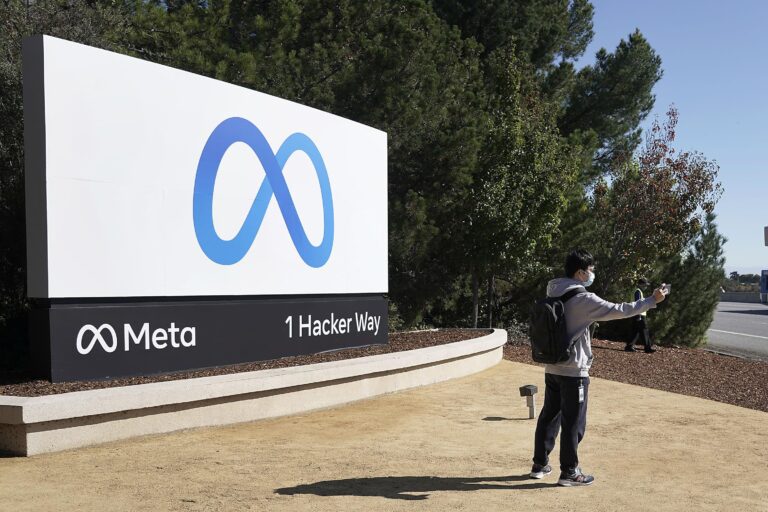Android begins to lose share to Microsoft.
- In terms of unit growth, the best is probably over for smartphones and that is being used as a sign that things are beginning to settle down.
- However, to me the reality looks very different.
- This is because Android looks like the default choice for a smartphone user who can’t or won’t afford an iPhone.
- This means to me that many of these devices are bought because they are cheap not because they are good smartphones.
- The evidence for this is everywhere.
- Android is messy and difficult to get it to do exactly what you want in terms of applications, email etc etc.
- This is what I believe underpins the fact that Android devices generate far less traffic than the equivalent devices on iOS
- Lower usage implies much lower loyalty (see here) and a much greater willingness to switch if offered something better.
- I have postulated that an easy to set and use ecosystem is far more valuable to users than one that requires one to be a systems integrator.
- Furthermore, I see the possibility for integration on mobile devices to become increasingly important during 2013.
- Apple does one of these much better than Android but importantly Microsoft does them both better.
- Apple is alone in its category but if Microsoft can come up with a compelling user experience at the Android price point then there is real risk that Android users start jumping ship.
- This is one of the key trends that I believe could begin to emerge this year but remains dependent on Microsoft’s questionable ability to execute on its strategy.









Blog Comments
Douglas
January 10, 2013 at 1:00 pm
Firstly, thanks for the great blog. I think the net result may be that you are correct but I do take some issue with your point that “Android is messy and difficult to get it to do exactly what you want in terms of applications, email etc etc.”. Whilst Android prior to 4.0 may well have had these issues I think it is a problem that is being solved. The vast majority of the “non interacting” Android users have, as you say, cheaper, older devices that are most likely not upgradeable from 2.3+. These handsets will go away and better processors, etc. will allow even the cheapest handsets to run Jelly been and it’s subsequent releases.
In my view it is probably down to the demographic of the “cheap phone buyer” just not buying apps, shopping by browser or doing much at all on mobile because of data charges that want to avoid. If I am correct then Apple, if it were top produce a cheaper iPhone as rumoured, would be afflicted by the same problem – though perhaps to a lesser degree.
So Androids lack of usage vs. iOS, in my view, is down to cost of services rather than the OS itself.